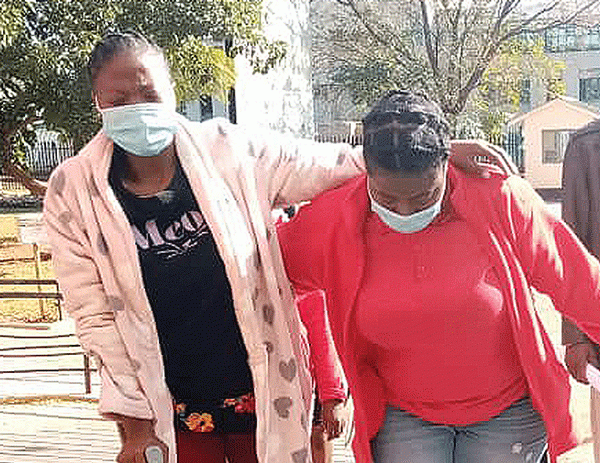
By Netsai Marova
THE removal of former President Robert Mugabe in November 2017 through a military coup which ushered in the so-called second republic gave the Zimbabwean populace false hope on national transformation and democratic developmental of the State.
The late Mugabe ranked as one of the most brutal and evil dictators in the history of dictatorial States due to the massacre of thousands of civilians in post-independence episodes such as Gukurahundi, Operation Murambatsvina and election violence visited upon innocent citizens from 2000 until his ouster in 2017.
His overthrow gave the world and the people of Zimbabwe hope for transformation to a new era that would modernise and restore the country to its former status as the jewel and breadbasket of southern Africa.
Everyone had long awaited the rescue of the people of Zimbabwe from the abuse by the late dictator’s regime and see the upholding of women’s rights in political participation and participatory development in the nation.
With the introduction of 60 parliamentary seats reserved for women, as women, we hoped the country was ready to have the female voice in decision-making.
However, reality has proven that proponents of that law only wanted women on their own terms since women are not allowed to voice their concerns without fear.
COVID-19 lockdown restrictions came in with yet another burden for women.
- Chamisa under fire over US$120K donation
- Mavhunga puts DeMbare into Chibuku quarterfinals
- Pension funds bet on Cabora Bassa oilfields
- Councils defy govt fire tender directive
Keep Reading
In a country with about 90% unemployment rate and an economy with a volatile currency, the only art of survival known by many is vending, and a few other informal jobs.
These have been shut down by the regime, which has virtually made every citizen look up to the government to provide grants and relief. And indeed, the Ministry of Finance received aid from across the globe to relieve ailing citizens.
As it turned out, authorities had sinister thoughts. They wanted the money to themselves.
Left with no option, women had to take to the streets to demand the release of aid to suffering citizens. Not just women alone, but the public in general and this has led to wanton arrests by the regime.
The response from the government was brutal and women became the major target of the regime together with other human rights defenders.
The famous story of the MDC Alliance trio is an example of the crackdown on women by the regime in Harare.
The young ladies were brutalised, humiliated and dehumanised. After that ordeal, they were jailed and spent months in prison.
They had to attend court on their death beds.
All this as punishment for speaking out and exercising their constitutional rights as law-abiding citizens of Zimbabwe.
The political space for women is fast shrinking in Zimbabwe and there is also a continual crackdown on human rights defenders and other civic society actors.
The MDC Alliance trio are not the only ones under attack from the regime. MDC Alliance spokesperson Advocate Fadzayi Mahere, a lawyer of note is in and out of police cells, accused of breaking laws that do not exist.
On the other hand, female student leaders are also being harassed, intimidated and arrested for demanding the promised affordable tuition fees in tertiary institutions by the government.
- Netsai Marova is a human rights activist and MDC Alliance national youth deputy organising secretary











